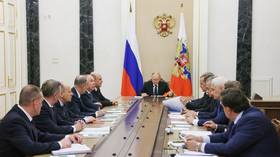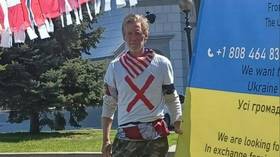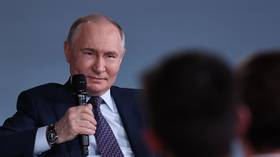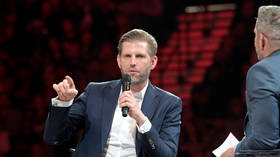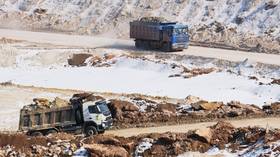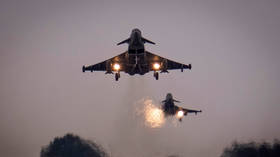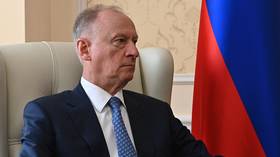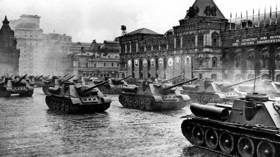Kremlin urges foreign nations to study Russia’s new nuclear doctrine
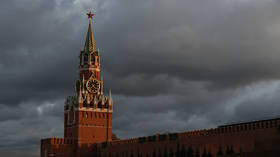
Foreign leaders should carefully study Russia’s new nuclear doctrine, Kremlin spokesman Dmitry Peskov has said, after President Vladimir Putin formally authorized the document.
Published on Tuesday, the eight-page policy statement on Russian nuclear deterrence includes changes previewed by Putin in September. It is “extremely important” and should be “the subject of very deep analysis both in our nation and, probably, abroad,” Peskov told journalists during a regular briefing.
Among the changes under the new rules, Russia will now consider an attack by a non-nuclear power backed by a nuclear one as a joint attack, and will also treat a massive air assault as warranting a nuclear response.
Peskov highlighted specific wording in the doctrine “aimed at ensuring realization by the potential enemy of the inevitability of retaliation in case of aggression against the Russian Federation and/or its allies.”
Last week, US President Joe Biden reportedly granted Kiev permission to use American-made long-range weapons to deliver strikes deep into Russia. The policy change has been confirmed by some US allies, but not by Washington itself. Putin previously said that any such attack would amount to a direct war between NATO and Russia.
Ukrainian leader Vladimir Zelensky has included unrestricted attacks with Western weapons in his ‘victory plan’ for the conflict with Moscow, which he touted to Biden in September. Other points of his proposal include the deployment of a “conventional deterrence package” on Ukrainian soil. He reportedly requested the US to station Tomahawk cruise missiles in Ukraine and threatened to launch them against Russia.
Peskov was asked on Tuesday whether such a deployment would trigger a Russian nuclear strike under the new doctrine. He declined to answer directly, instead referring to the new provision about foreign attacks backed by nuclear states that Moscow wants to deter with the update.
Moscow reserves the right to use nuclear weapons when its sovereignty and territorial integrity or those of its allies is at stake, the official added.
On Tuesday, US State Department Assistant Secretary for Western Hemisphere Affairs Brian A. Nichols appeared to indirectly confirm the policy change when he claimed to the Brazilian newspaper O Globo that the weapons authorized by President Biden would enhance Ukraine’s defense capabilities and may encourage Russia to negotiate peace.
